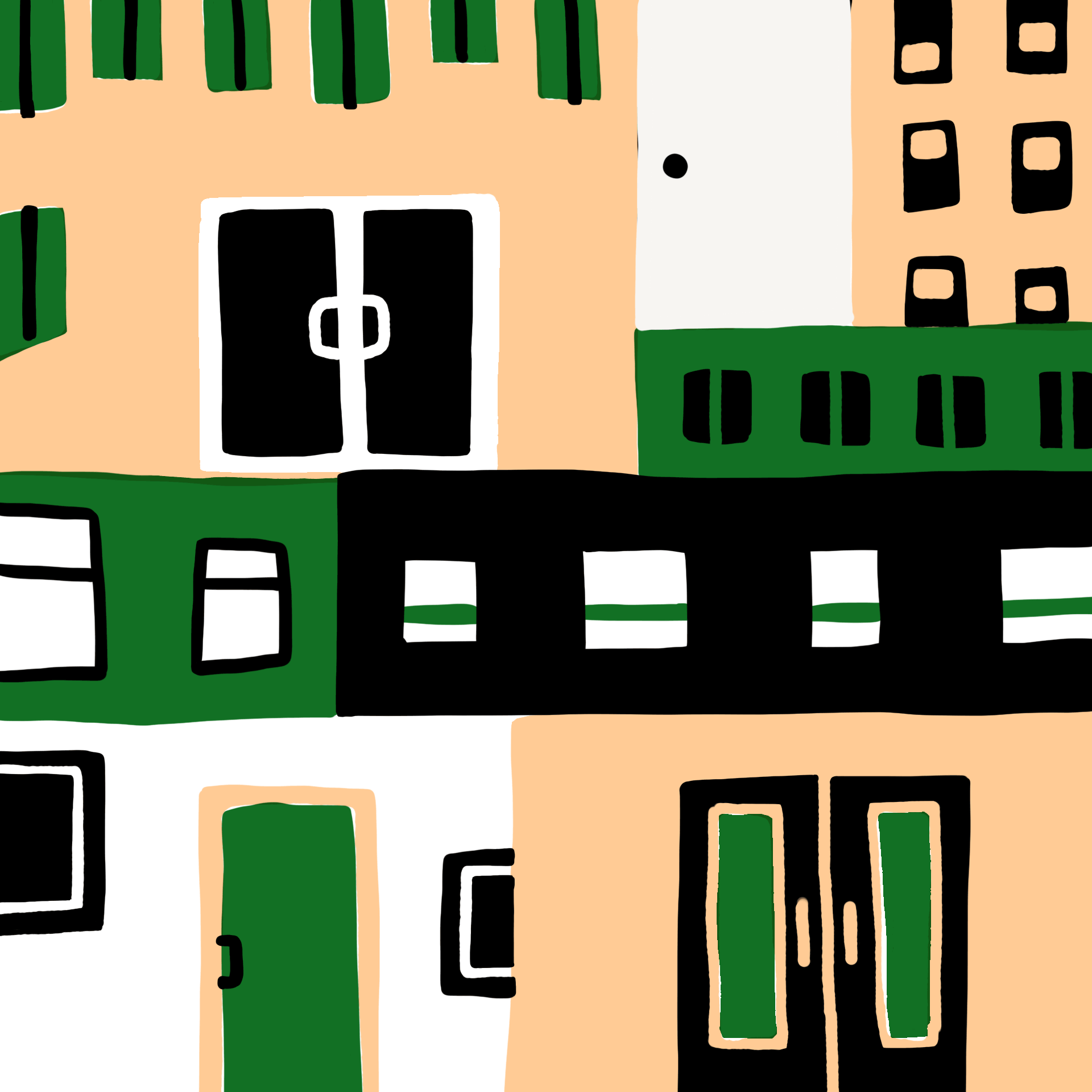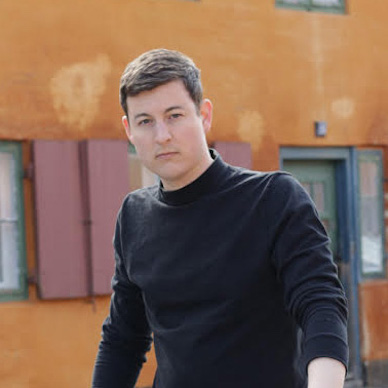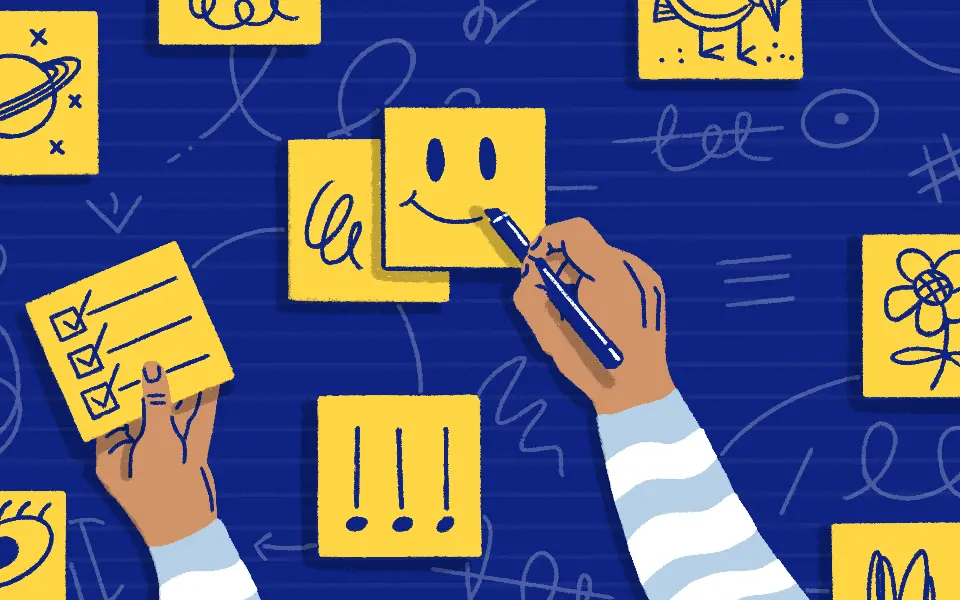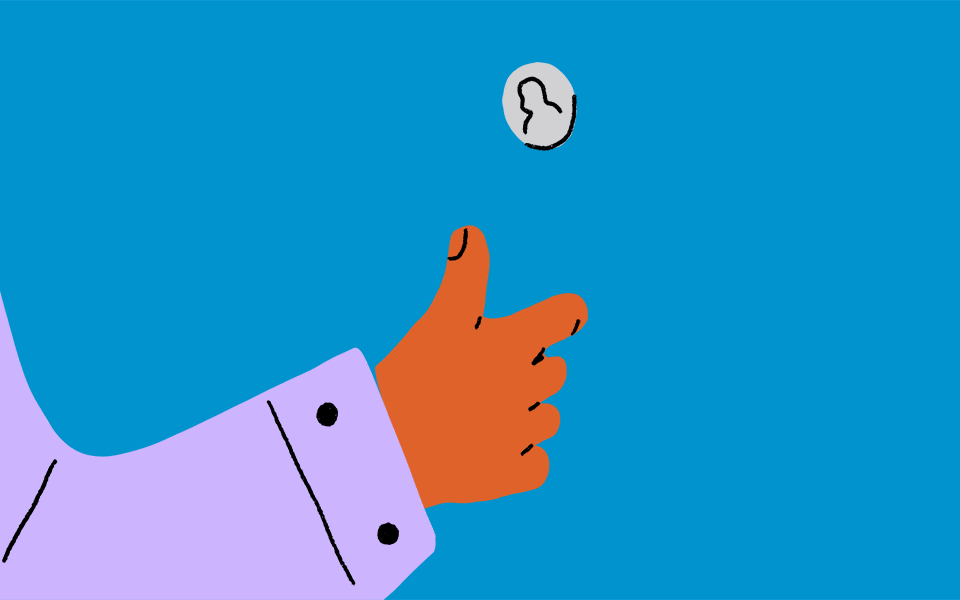
Advice to the anxious for eventually meeting in-person again
Published on May 17, 2021
There are as many different experiences of the past year as there are humans on earth. And there are about as many reactions to the endless headlines about companies sending employees back to the office.
Maybe you’re rolling your eyes because you never stopped going to an office in the first place. Or maybe those notifications are exactly what you’ve been refreshing your phone for: the promise of a day spent looking at new people. Maybe you’re fortunate enough to live and work alone but feeling some kind of way about this next stage of things—part of you misses lunch with coworkers but a much stronger part has adapted to the comforts and psychological ease of working in isolation. I’m in the last boat.
While I’m not among the risk averse who still wear gloves, I get the appeal of a routine. I share oxygen with exactly one cautious person two nights a week and have for some time. I’m feeling pretty settled into this solo loop. That’s to say the idea of a sitting in a conference room any time soon doesn’t exactly sound like a refreshing glass of water—more like an ice bucket over the head. On many levels, I just don’t feel ready.
The good news, psychologist Christine Runyan says, is that humans are good at acclimating to change. “Difficult as this time has been, we have found ways to adapt to what our conditions have demanded of us,” she says. And that’s true whether you’ve been an at-home knowledge worker, a coffeeshop barista, or a healthcare professional, like those Runyan sees at Tend Health, the consulting practice she co-founded.
Here, she illuminates what this next phase might feel like, how we might take care of ourselves as we adjust to change again, and how long she thinks it will take for things to seem more like normal, on an emotional level at least.
Starting off broadly, what happens to the mind and the body when you haven’t socialized for a really long time?
Even with unclear or sometimes inconsistent guidelines, people have found ways to create a perimeter that feels safe to them. Now that those are going to be expanding—and the invitation is for them to expand, particularly as we get more people vaccinated and there's more social and economic urgency—we will adapt again. There will be some predictable hiccups in that.
As these perimeters expand, our bodies—like underneath the skin—are going to take a little longer to adjust. You can say, ‘Oh, let's all get together and go out to a restaurant. We're all vaccinated.’ But your nervous system is still going to be seeing a threat, because that’s what it's known other people to be: a threat. Even though you’re saying ‘yes’ cognitively, your nervous system might be like, ‘What are you doing?’
That anxiety might show up as a mild heart palpitation or sweaty palms. For others, it might show up pretty severely, like a panic attack. It depends a bit on your innate proclivity towards anxiety.
I would imagine that kind of stress can manifest other ways, too.
Yes, for some people, it’s showing up in what we're calling anxiety and depression, but for a lot of other people it's sleep problems, headaches, pre-diabetes, or an autoimmune response. As humans, we all have our proverbial Achilles heel, if you will. For some people, the place where that manifests is emotional and for others, it's physical.
What influences how severe the stress effects of loosening measures might be?
So there's complexity. There are people who’ve been essential workers and people who’ve been working from home. People who don't know anybody who's been sick and people who have been sick themselves or have had family members affected. From a neurological perspective, we have all accommodated to these tighter parameters and those now feel safe because we've adapted to them.
"What feels okay for you might feel like a heavy lift for somebody else. Self-awareness is a superpower."
Trauma also shrinks our window of tolerance, our nervous system’s ability to withstand stress or threats. So I think this has been a collective trauma on different levels of intensity for all of us. For people with prior trauma, there’s been a compounded effect, so a lot of these people have suffered more during this time. It’s not going to look the same for everybody.
Given how diverse the workforce’s collective experiences have been, what advice would you have for managers and leaders who are sorting out policies for their employees?
As humans, the perfect trifecta for a stress response is things that are unpredictable, unexpected, and uncontrollable. If we don't know something’s coming and it's unpleasant or unexpected and we don't feel any agency over it, then we can't control it. All of us are going to respond in a particular way with a particular stress response. That’s just how we're programmed as humans. We are highly adaptable creatures, but we really thrive on routine and predictability. Our brains are always forecasting, trying to make light work of things. And when you have uncertainty, your brain just goes ‘I don't know what to do.’
So from a leadership standpoint, predictability, consistency, and transparency are important. Even if people don’t always like the messages you’re sending, it they’re consistent and knowable, that can actually be helpful.
This next part may sound contradictory, but to the extent you can, you also want to give people autonomy and choice, especially during this transitional period. Some people might hear everyone is going back 9-5 Monday to Friday and think, ‘Yes! Finally! I’ve been wanting this!’ For other people it’s going to almost feel impossible, like climbing out of a well. So I think choice and flexibility are really going to help people transition quicker.
How long do you think that emotional transition is going to take?
So, again, an abrupt shift is going to bring a lot of that same kind of thing. But honestly, I don't think a year is too long of a timeframe. We’ve all essentially gone through seasons of change. And as it starts to open back up, it will probably take a fair number of people a year to fully acclimate and for things to enter a way of being that is post-pandemic.
Choice and flexibility are really going to help people transition quicker.
On a personal level, what do you think people can do to make that transition easier?
So my best recommendation is slow and steady. If you just recoil from all of it because it's overwhelming, that will actually just allow that anxiety, hesitancy, and avoidance to flourish. Instead, you want a sort of continuous drip, if you will, of exposure. So that’s the steady part. The slow part is really to protect your nervous system, which is always processing stimuli. It's processing what we see, what we hear, what comes into contact with our skin, what we smell.
It’s good to know in advance that this is a very individual process. What feels okay for you might feel like a heavy lift for somebody else. And self-awareness is a superpower. Take the lessons from this time slowing down to find out what things actually feel comforting or nourishing in your own body, and bring those into this transition as much as you can.
If you're somebody who has had a pretty tight perimeter, I’m going to say don’t start with a music festival—nothing with people bumping into you and really loud sounds and lots of smells. That would be really aggressive to your nervous system. Start small. I think a lot of companies could heed this advice.
So in the case of work, maybe smaller team meetings for awhile.
Right—that rather than an all-employee conference. Great as it may sound to have everyone together, it’s going to be way too much for some people. Our lives have shrunk, and we want to allow them to gradually expand. Slow and steady.

.jpg)

